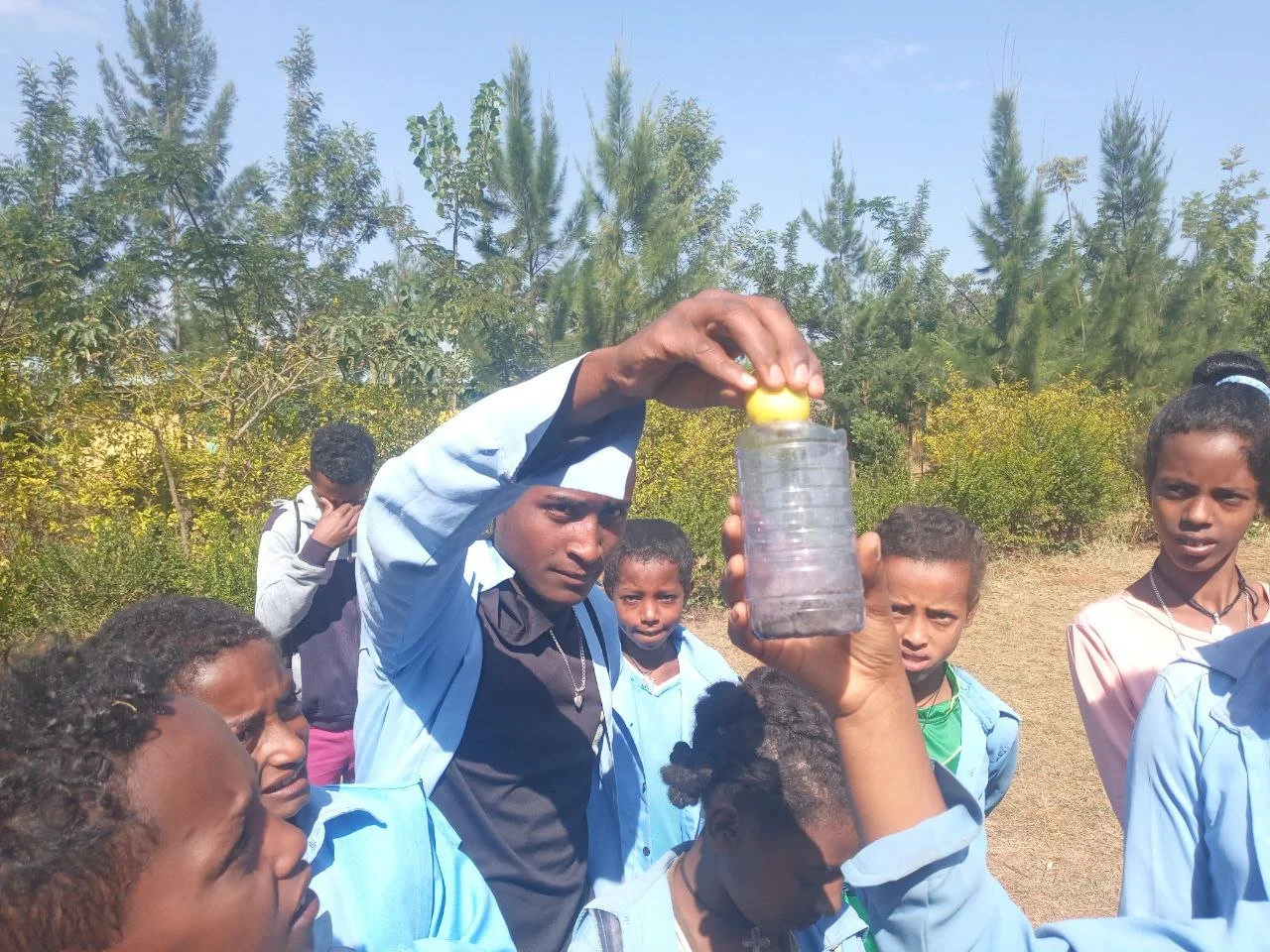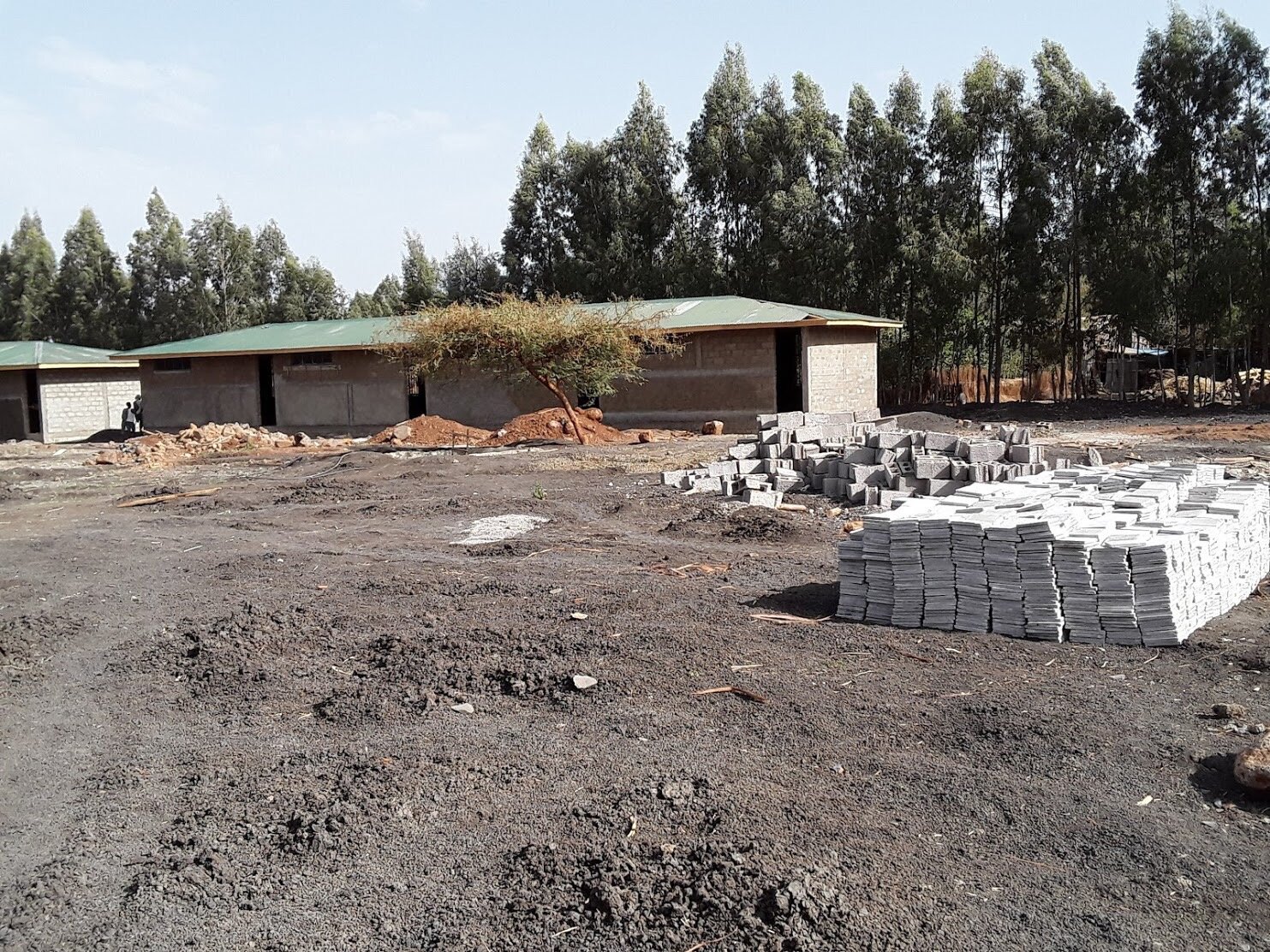COVID-19 has had a wide ranging impact on Ethiopia. Schools closed on March 16, 2020, meaning that an estimated 26 million Ethiopian students have had no access to classes since then. Not only is the learning gap widening between children from educated and uneducated, well to do and poor, and rural and urban families, but also, the economic impact is resulting in a rise in domestic abuse and forced early marriages, among other things.
Our staff has been very active in the COVID-19 response effort, managing funds provided by Operation Eyesight Universal, ISEE, and Wilde Ganzen to procure PPEs, sanitizers, hand washing stations, and educational brochures, and distributing them to various hospitals, bus stations, and Mobile Health Teams. We have been so effective, the regional government has now asked us to help prepare guidelines for opening schools in late September.

















